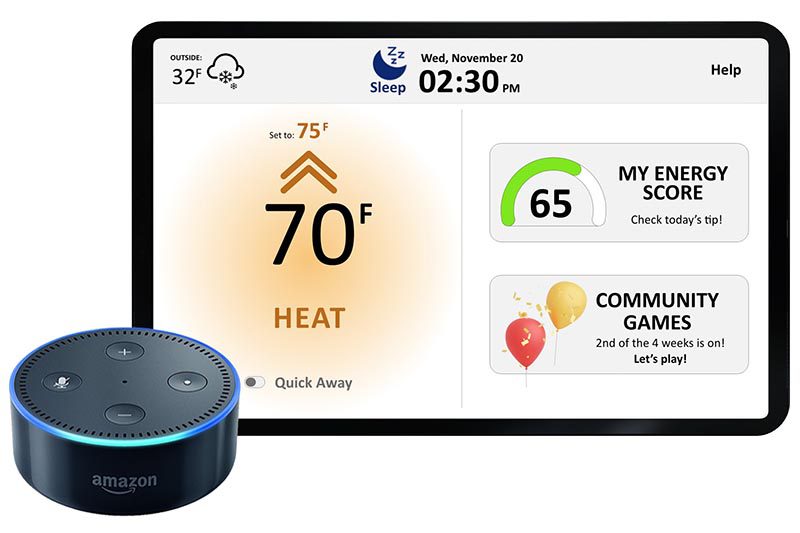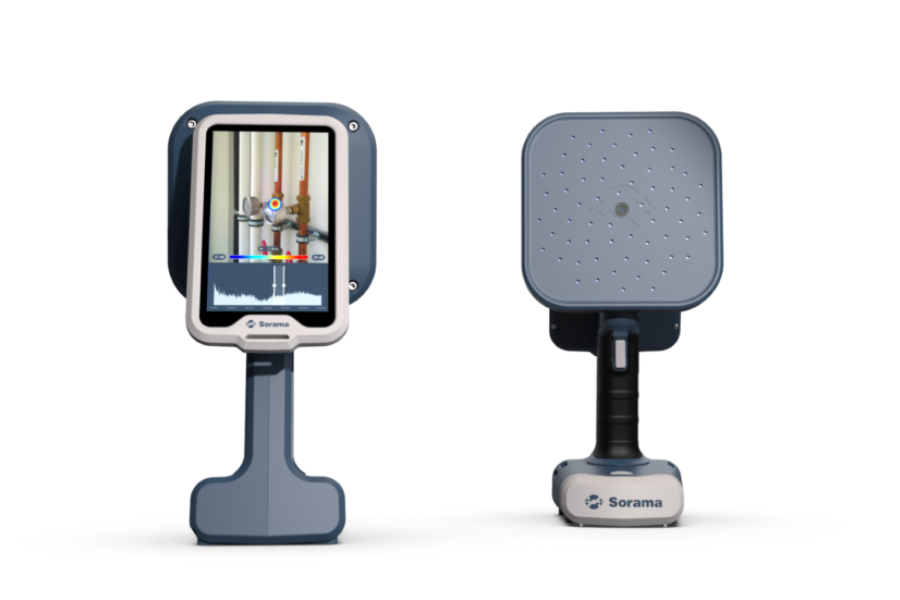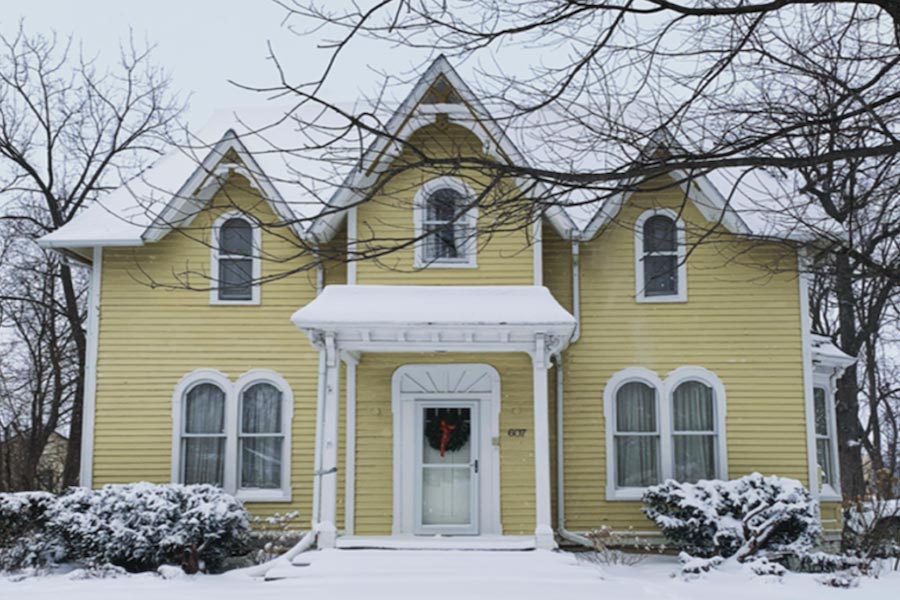Jan 12, 2024
Can the Gamification of EE Deliver Success?
The lack of residential engagement with energy efficiency programs to measurably reduce energy use is stymying efforts to decarbonize the built environment. Early results show that gamification might just do the trick.
By: Stacy Fitzgerald-Redd
Researchers at Purdue University announced the creation of a patent-pending Internet of Things (IoT) software program called MySmartE that incentivizes people to use energy efficiency programs offered by the government and industry. Why does that matter? The lack of residential engagement with energy efficiency programs to measurably reduce energy use is stymying efforts to decarbonize the built environment, a priority for virtually every government and industry. Early results show that gamification might just do the trick.
What’s MySmartE?

MySmartE is a cloud-based software platform implemented on user-interactive smart devices that uses eco-feedback and social games to engage users. User-interactive electronic devices are equipped with sensors and connectivity features and are often embedded with artificial intelligence that enables them to interact with users intuitively and responsively. Think Alexa devices that work like a smart tablet with a voice assistant. Since features of the software include social games that raise awareness of energy-efficient behaviors and an algorithm that delivers personalized, actionable recommendations and novel energy consideration behavior scores, it’s designed for engagement.
The Purdue research team, headed by Panagiota Karava, professor at the Lyles School of Civil Engineering, points to the residential sector’s 20 percent total energy use and the massive greenhouse gas emissions in the United States as prime targets for reduction. They note that while various programs have been implemented to improve energy efficiency and reduce energy consumption, the drawbacks to these solutions can be costly or fall short of long-term behavior change on the part of consumers.
For example, cost constraints may prevent homeowners from undertaking a whole-home energy efficiency retrofit, and studies have shown that most smart thermostats have drawbacks because they can be difficult to use, and residents lose motivation over time.
Testing MySmartE
The research team deployed MySmartE technology to 130 households across four Indiana cities: Indianapolis, Fort Wayne, South Bend, and New Albany. The team reported an 80 percent engagement rate and a 30 percent energy use reduction among participants. Further, extensive interviews with residents revealed that the gamification in MySmartE turns the energy-saving process into a “fun and enjoyable activity while increasing energy awareness,” Karava said.
The research team received an initial award of $3.5 million in 2018 to develop the solution and an additional $400,000 supplement from the National Science Foundation to further its work.
Why it Matters
If you’ve been following the news from the global Conference of the Parties 28 (COP28), you know that governments are urging an effort to triple renewables capacity and double the rate of energy efficiency improvements by 2030. The triple-double effort will be challenging at best and gargantuan in scope, but it’s what’s needed to hold climate-change temperature increases to 1.5 degrees Celsius.
Novel ideas like MySmartE that can reduce energy use and emissions can be coupled with smart first-line efforts like whole-building retrofits to help reach this ambitious goal nationally. What’s needed is a concerted effort at deep home energy retrofits, which can reduce emissions and energy use[1] by half. Still, if gamifying energy efficiency has shown promising results, it should be pursued and expanded.
For more on the MySmartE platform and Purdue’s research, click here.
This article was originally published in the Insulation Institute Blog and is republished with permission.





